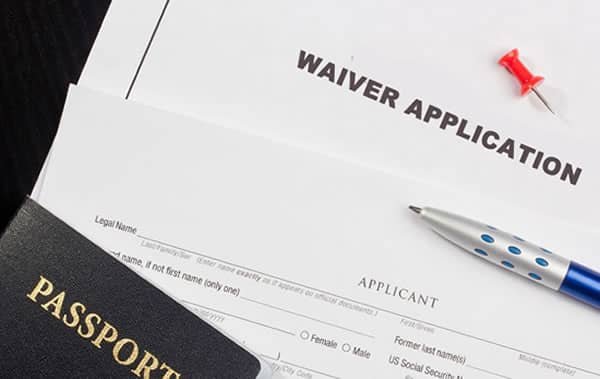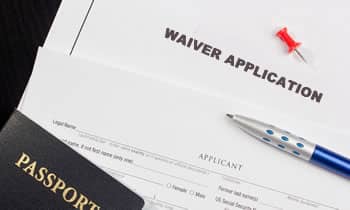
Provisional Waivers for Unlawful Presence
If you have a family member who has applied for a visa for you but you have accumulated unlawful presence (the time after you entered the United States without inspection or the time after your original visa expired), you need a waiver to overcome your unlawful presence before you can get a green card.
Historically, obtaining this waiver would require you to return to your country of origin and wait until officers at the US consulate in your country made decision on your waiver, which caused many challenges and separated families. With the creation of the “provisional waiver,” you can apply for this waiver and get a decision on your waiver application before you leave the United States for your visa appointment with the US consulate in your home country. The consulate in your home country still makes the final decision on whether you are eligible for your visa which is why the waiver decision is described as “provisional.” If your application is successful, this makes the process much more efficient for you and lowers your risk of not being able to re-enter the United States.
Provisional Waivers - Eligibility
This waiver is only available to individuals whose spouse or parent is a United States citizen or a lawful permanent resident (LPR). [Unfortunately, individuals who have children who are US citizens or green cards but neither their spouse or parent(s) have green cards or are US citizens, they are not eligible for a provisional waiver.]
In addition to providing evidence that you have a USC/LPR spouse or parent (such as with a marriage certificate or birth certificate), you need to show that this family member will suffer “extreme hardship” as a result of your separation fro them while they remain in the United States without you. There is not a specific test for what “extreme hardship” means, which makes having an immigration attorney very important to help you develop your application for your provisional waiver to make it as a strong as possible by providing significant documentary evidence.
Call our office today to schedule a consultation with one of our expert attorneys, Suzanne Vazquez and Maud Poudat and discuss whether you are eligible for a provisional waiver.



